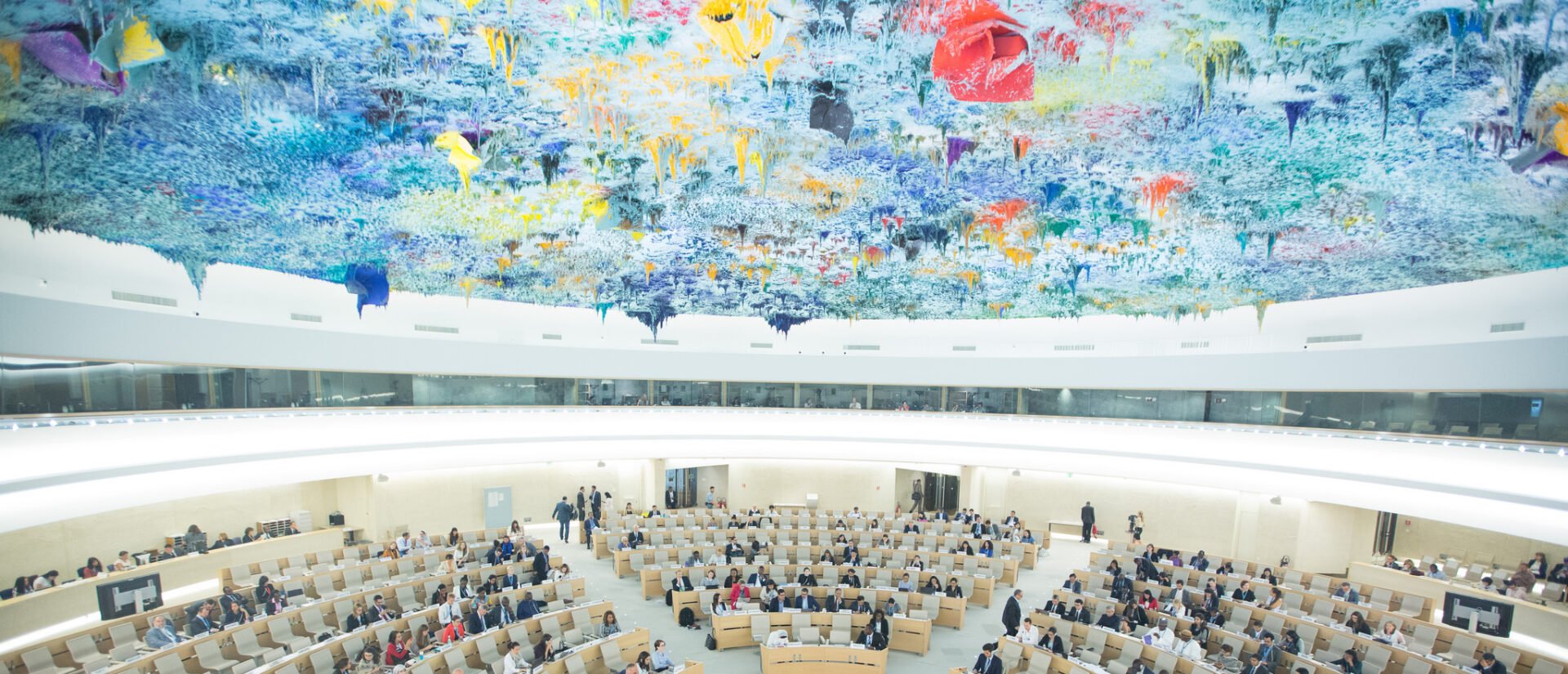
Historic opportunity to prioritize human rights above business interests, next week at the United Nations in Geneva
The fourth session of the so-called ‘open-ended intergovernmental working group on transnational corporations and other business enterprises with respect to human rights’ will take place from 15 – 19 October at the United Nations (UN) in Geneva. During this week leaders from all over the world will gather to discuss a proposal for a UN treaty which should regulate the activities of transnational corporations with regards to human rights and environmental misconduct. This is a historic opportunity for States to create an instrument which will improve prevention of corporate abuse and which ensures that victims have adequate access to justice.
Click for the dossier on the UN treaty for business and human rights
Like in previous sessions, SOMO is one of the many NGO’s that will attend the negotiations in Geneva and will advocate for a binding treaty that effectively contribute to more responsible business conduct, access to justice and remedy for victims of business-related human rights abuses, and that pushes back on the privileges big business has been able to acquire through trade and investment agreements, at the expense of human rights and the environment.
International law lags behind economic reality
At SOMO, we see all too often how victims of corporate human rights abuses have limited or no access to legal means in cases against multinational enterprises. The international structure of multinational enterprises allows discrepancies between differing jurisdictions to be exploited. At the same time, we observe that big business has acquired extensive rights under trade and investment agreements, enabling them to effectively sue States when they propose regulation that does not serve their private interests. In view of ever expanding corporations and supply chains, the question arises how multinational enterprises can be brought to justice for abuses which extend beyond country borders. An international legally binding treaty will provide a basis for states to act collectively and to create a level playing field.
During the treaty negotiations from 15-19 October, we will share our thoughts and experiences live from Geneva through social media – so keep an eye on our Twitter account(opens in new window) , and follow the hashtag #bindingtreaty(opens in new window) .
Do you need more information?
-

Lydia de Leeuw
Researcher







